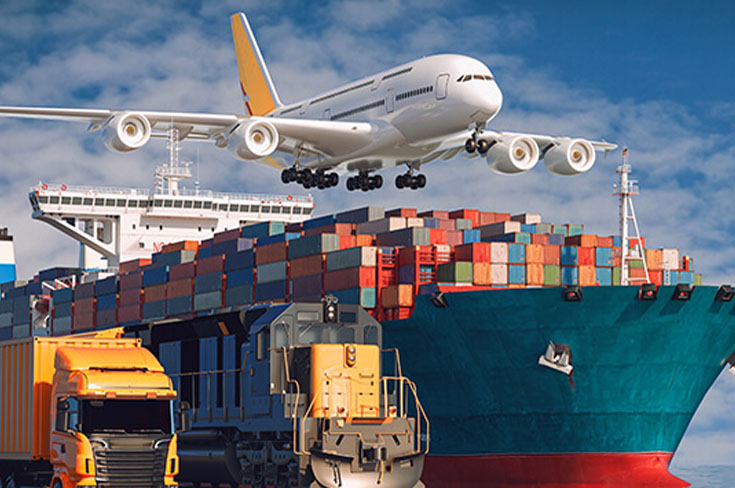Air transport has revolutionized the way we travel and conduct business, offering unparalleled speed, efficiency, and connectivity. In this blog post, we will delve into the five key advantages of air transport, exploring how it has transformed industries and shaped our modern world.
- Speed and Efficiency:
One of the most significant advantages of air transport is its unparalleled speed and efficiency. Unlike other modes of transportation, such as road or sea, air transport allows for swift and direct travel, reducing transit times significantly. This advantage is particularly crucial for time-sensitive industries, such as e-commerce, perishable goods, and emergency medical services. Air transport enables businesses to meet tight deadlines, deliver goods promptly, and respond swiftly to emergencies. - Global Connectivity:
Air transport has bridged the geographical gaps between nations, connecting people, businesses, and cultures like never before. With an extensive network of airports and airlines, air transport enables seamless travel and trade across continents. This global connectivity has fostered international trade, tourism, and cultural exchange, fueling economic growth and promoting understanding between nations. It has also facilitated the expansion of multinational corporations, allowing them to operate efficiently on a global scale. - Accessibility to Remote Areas:
Air transport plays a crucial role in providing access to remote and isolated regions that are otherwise difficult to reach. In many parts of the world, especially in mountainous or island regions, air transport is the only viable option for transportation. It enables the delivery of essential supplies, medical aid, and humanitarian assistance to areas affected by natural disasters or conflicts. Moreover, air transport facilitates tourism in remote areas, boosting local economies and preserving cultural heritage. - Flexibility and Reliability:
Air transport offers unparalleled flexibility and reliability, making it an ideal choice for time-critical operations. Airlines operate on fixed schedules, ensuring regular and predictable services. This reliability is crucial for industries such as courier services, where timely delivery is of utmost importance. Additionally, air transport allows for quick adjustments to changing demands, enabling businesses to respond swiftly to market fluctuations and customer needs. - Safety and Security:
Air transport boasts an impressive safety record, making it one of the safest modes of transportation. Airlines adhere to stringent safety regulations, ensuring the well-being of passengers and cargo. Advanced technologies, rigorous training programs, and comprehensive maintenance procedures contribute to the industry's exceptional safety standards. Moreover, airports implement robust security measures to protect against potential threats, ensuring the safety and security of travelers and their belongings.
Conclusion:
Air transport has revolutionized the way we connect, travel, and conduct business. Its speed, efficiency, global connectivity, accessibility to remote areas, flexibility, reliability, and safety make it an indispensable mode of transportation. From facilitating international trade to providing vital aid during emergencies, air transport continues to shape our modern world. As we unlock the skies, the advantages of air transport will continue to propel industries forward and bring the world closer together.



